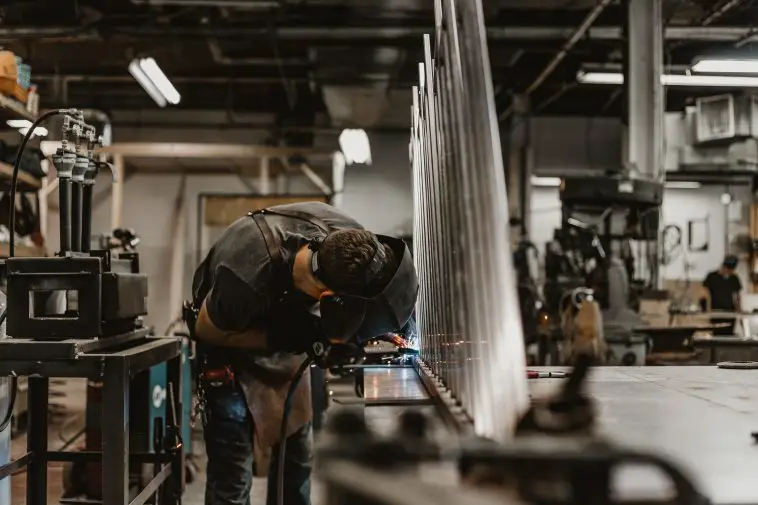The world of welding offers a wide range of opportunities for skilled laborers to contribute to various sectors, including construction, automotive, and aerospace. But as with any profession, welding carries certain risks and rewards. One often-asked question is: is being a welder bad for your health? The answer is more nuanced than a simple yes or no. Let’s explore the physical, emotional, and medical aspects of welding to get a clearer picture.
Physical Aspects of Welding
Welding involves using intense heat to fuse metals together. This process can expose welders to high temperatures, bright lights, and potentially harmful fumes and gases. Without proper precautions, these can lead to burns, eye damage, and respiratory problems.
Additionally, welding can be hard work, welders often work in awkward positions or have to lift heavy equipment, which can lead to musculoskeletal issues. Repetitive motions, like many other manual jobs, can result in wear and tear on the joints and muscles over time.
Emotional Aspects of Welding
Like any demanding job, welding can sometimes be stressful. Welders often work under tight deadlines, and the precision required can lead to mental fatigue. The responsibility of ensuring a weld’s strength and integrity can also be emotionally taxing, as mistakes can lead to severe consequences in some sectors. While some welders thrive under this pressure and find satisfaction in their craft, others may find it emotionally draining over time.
Medical Reasons: Is Being a Welder Bad for Your Health?
From a medical standpoint, welding can pose certain health risks. One of the primary concerns is the inhalation of welding fumes. These fumes can contain a mixture of metallic oxides, silicates, and fluorides. Prolonged exposure to certain welding fumes can lead to metal fume fever, a flu-like illness, or more severe conditions like lung disease or even cancer in some cases.
Moreover, the intense light produced during welding can harm the eyes, leading to a condition known as “arc eye” or welder’s flash. This results in painful inflammation of the cornea and can cause damage to the retina if proper eye protection isn’t used.
However, it’s essential to note that with the right safety measures and equipment, many of these health risks can be mitigated. Using proper ventilation, wearing protective gear, and taking regular breaks can significantly reduce the potential hazards associated with welding.
Conclusion
So, is being a welder bad for your health? The profession does carry inherent risks, both physically and emotionally. However, with the right precautions, training, and equipment, welding can be a rewarding and safe career choice. It’s crucial for aspiring and current welders to be aware of the potential hazards and take all necessary precautions to ensure their well-being.




